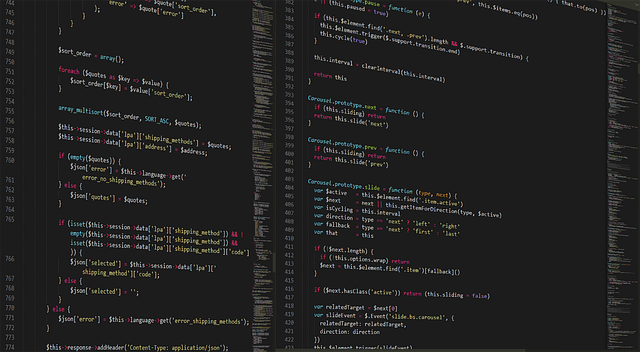In the vast landscape of the entertainment industry, character development holds a pivotal role, not only in films and music but also in gaming. As players, we become deeply invested in the worlds we explore, and the characters we embody or interact with often mirror our own journey of growth and self-discovery. Whether it’s through intense storytelling, dynamic gameplay, or illustrated interactions, character development in gaming invites players to immerse themselves in narratives that resonate on multiple levels.
The evolution of a character often parallels the artist’s journey witnessed at concerts and festivals. Just as musicians develop their identities and styles over time, game developers craft characters that evolve in response to their environments and experiences. At a festival, we groove alongside artists whose journeys are often accompanied by a backstory, much like our favorite gaming avatars. It’s this underlying connection that allows us to form attachments; we root for characters as we would for a band performing that one perfect song we can relate to.
Cinema has long been a medium through which we explore character development, yet gaming brings an interactive dimension that no movie can replicate. This interactivity allows players to make decisions that influence character arcs, creating a unique bond that can’t be found in a two-hour film. You are not just watching a story unfold; you are in it, making choices that lead to multiple outcomes. This level of engagement heightens the emotional stakes and draws us into the heart of the narrative, much like how a powerful musical score can elevate a cinematic moment to unforgettable heights.
Within the gaming realm, titles like The Last of Us” or “The Witcher” showcase the nuances of character development, where every choice has repercussions, and every relationship feels authentically crafted. The depth of these characters prompts self-reflection; their struggles and triumphs mirror the emotional journey that music often captures beautifully. Just as we find solace in lyrics that speak to our experiences, gaming allows us to step into the shoes of characters who navigate their unique worlds, often leading us to confront our own truths.
The music industry also plays a significant role in shaping player experiences through soundtracks that elevate character development. Think of the epic themes in games that intensify dramatic moments, making each character’s plight feel even more real. The right score can turn a simple dialogue into a profound revelation, allowing players to form emotional connections akin to those felt during a powerful concert performance. These auditory elements can trigger nostalgia and create lasting impressions that enhance our understanding of the characters we interact with.
Moreover, as the landscape of gaming continues to evolve, we see an increasing emphasis on diverse representation in character development. The industry has made strides toward inclusivity, allowing various cultures and identities to be intricately woven into the fabric of gaming narratives. This shift not only enriches the gaming experience but opens up dialogues reminiscent of those found in festivals and concerts, where diverse voices and stories come together to celebrate the human experience.
Character development in gaming is not only about leveling up skills or acquiring new items; it’s about the journey, the growth, and the friendships formed along the way. As players, we embark on quests that challenge our perceptions while providing escapism and connection. Just as we leave a concert feeling invigorated and inspired, the impacts of the characters we encounter in gaming can linger long after the screen fades to black. Through engaging storytelling and immersive gameplay, we are reminded of our capacity for growth and the importance of every individual’s story, mirroring the artistry found throughout the entertainment industry.



